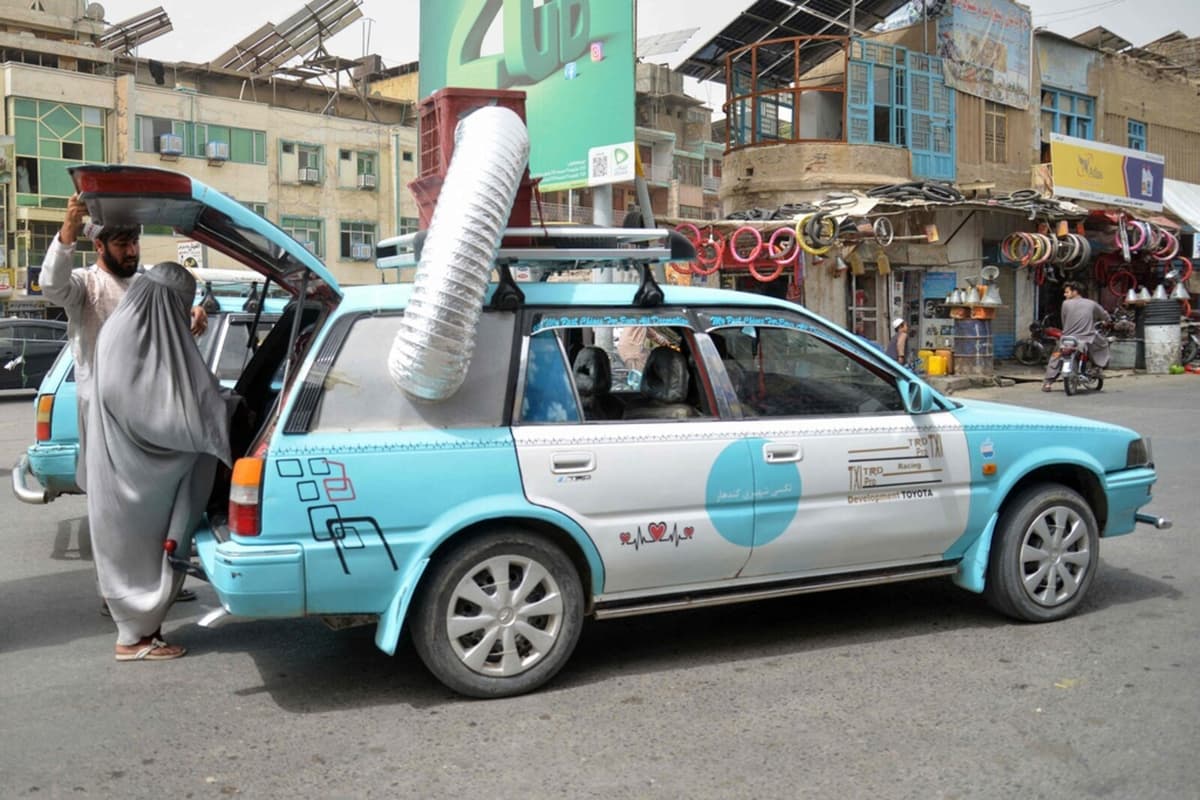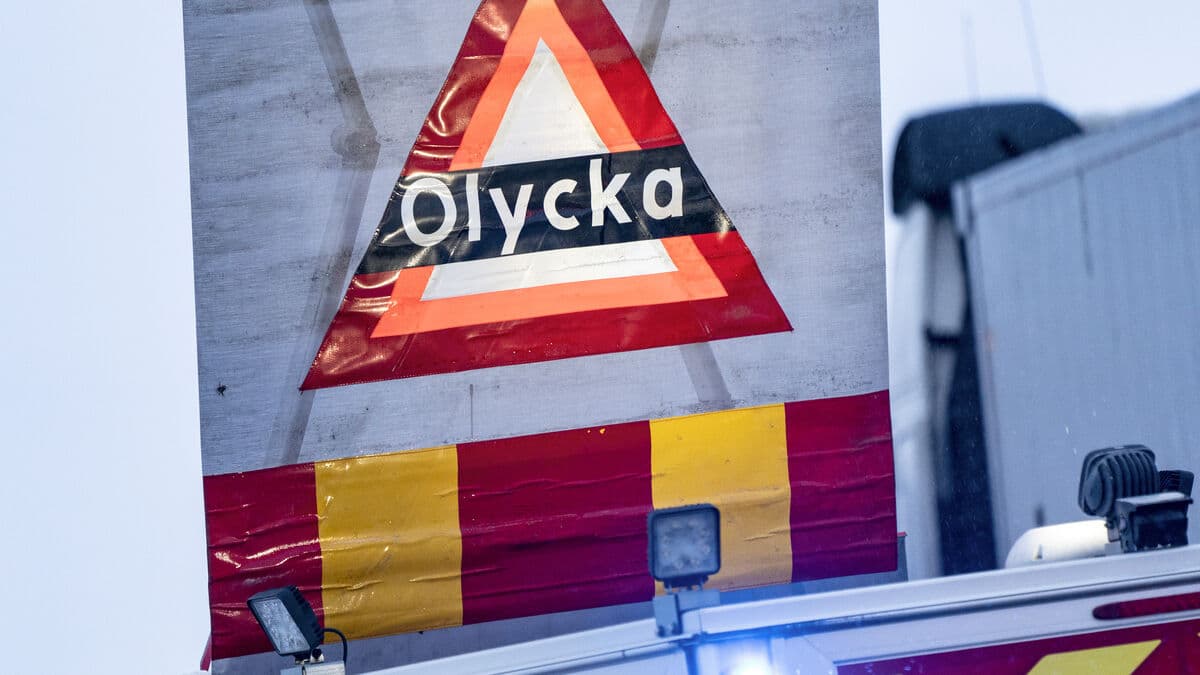The heat lies like a lid over Kandahar. Sleepily, the mercury crawls over the 40-line, just like yesterday and the day before. And the day before that.
In Afghanistan's second-largest city, located just next to the Registan desert, the summers are long and dry. In a car, existence quickly becomes unbearable.
It started to get extremely hot three or four years ago, says taxi driver Gul Mohammad.
Afghanistan, one of the poorest countries in the world, is also among the most vulnerable to climate change. The country is regularly affected by extreme heat waves and the periods of drought are getting longer and more difficult.
Connected with solar panels
The air conditioning in Gul Mohammad's blue and white taxi used to rattle constantly. The repair was too expensive. In the end, he took matters into his own hands.
I went to a technician and had a specially built cooler made, says the 32-year-old.
The cooler he has fastened to the roof with strong ropes. From it, a silver ventilation hose runs to a hole in a taped side window. The system Mohammad has connected to the car's battery and he regularly fills it with water. The solution cost him 3,000 afghani, equivalent to just over 400 Swedish kronor.
Now, the unconventional air conditioners have become a trend. On Kandahar's streets, taxis are driving with one AC solution more innovative than the other. Some have even connected their coolers to solar panels mounted on the car roofs.
This works better than built-in AC. AC only cools the front - this cooler spreads the air everywhere, says driver Abdul Bari.
Old cars
For the 21-year-old technician Murtaza, it means good times. Demand has increased steadily over the past two, three years.
Many cars were not equipped with air conditioning at all, he says.
In the poor, Taliban-ruled Afghanistan, many cars are old and substandard.
When there is no AC, it gets very tough, notes taxi passenger Norullah in Kandahar.
These drivers help solve the problem. It's great.
Afghanistan, a landlocked country in southern Central Asia, is an Islamic republic with a gender-segregated society. The ultra-conservative Taliban, who rule the country, call it an Islamic emirate. War has raged almost constantly since the late 1970s and the economy and infrastructure are in ruins. Millions of Afghans are on the run.
The Islamist fundamentalist Taliban regime took power in 1996 and transformed the country into an extremely religious state governed by strict Sharia laws. The Taliban were driven out by the US in 2001, only to seize power again in a lightning-fast offensive 20 years later, in connection with the US withdrawal from the country.
Afghanistan has high mountains, national parks, and thousand-year-old cultural heritage. Many ancient monuments, such as the famous giant Buddhas from the 6th century in the Bamiyan Valley, were destroyed during the Taliban's previous stint in power.
Source: Landguiden/UI






